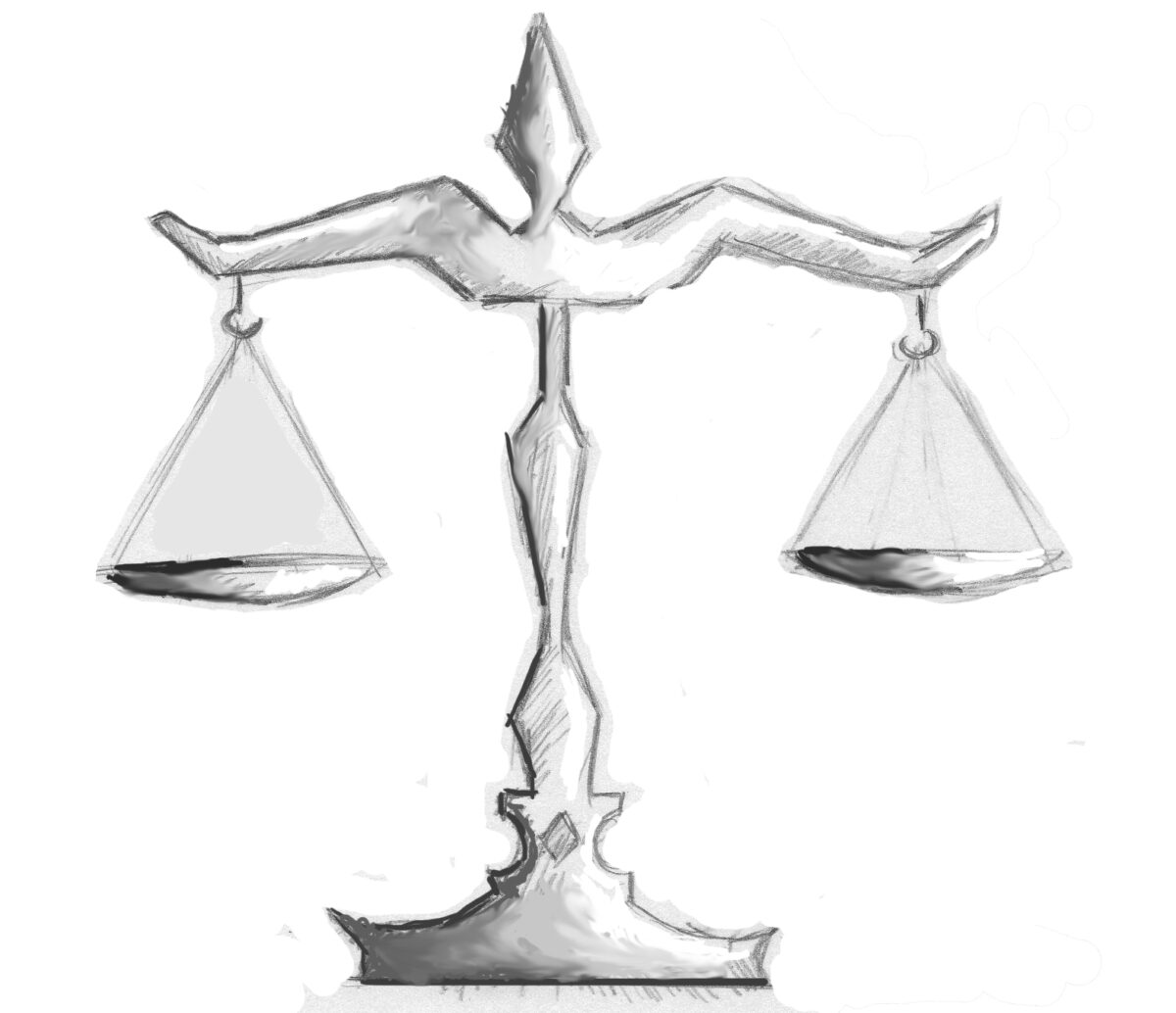Issued by the Medical Ethics Alliance on 30th July 2018
In the light of today`s ruling by the Supreme Court that food and fluid , if delivered by tube, can be withdrawn from patients in the persistent vegetative or minimally conscious state without the agreement of a court, the Medical Ethics Alliance says;
There is an ancient and respected tradition that food and fluid given by tube is rightly to be considered basic care. Tube feeding is a routine procedure.
Is it really in the “best interests”, of brain damaged patients to die of dehydration?
In the light of the decision to withdraw the Liverpool Care Pathway, mainly because of the agonies of thirst, how can this judgement be reconciled with that?
How confident can we be that thirst will not be experienced deep in the brain?
There are very many other patients with severe brain damage or other degenerative cerebral conditions. Could it not be deemed in their” best interests”, to die?
To what extent are these decisions driven by the of cost of care and could not inheritance be a consideration?
Cautionary note,
For self protection persons should make clear to their families that they forbid death by dehydration.
Dr Anthony Cole
